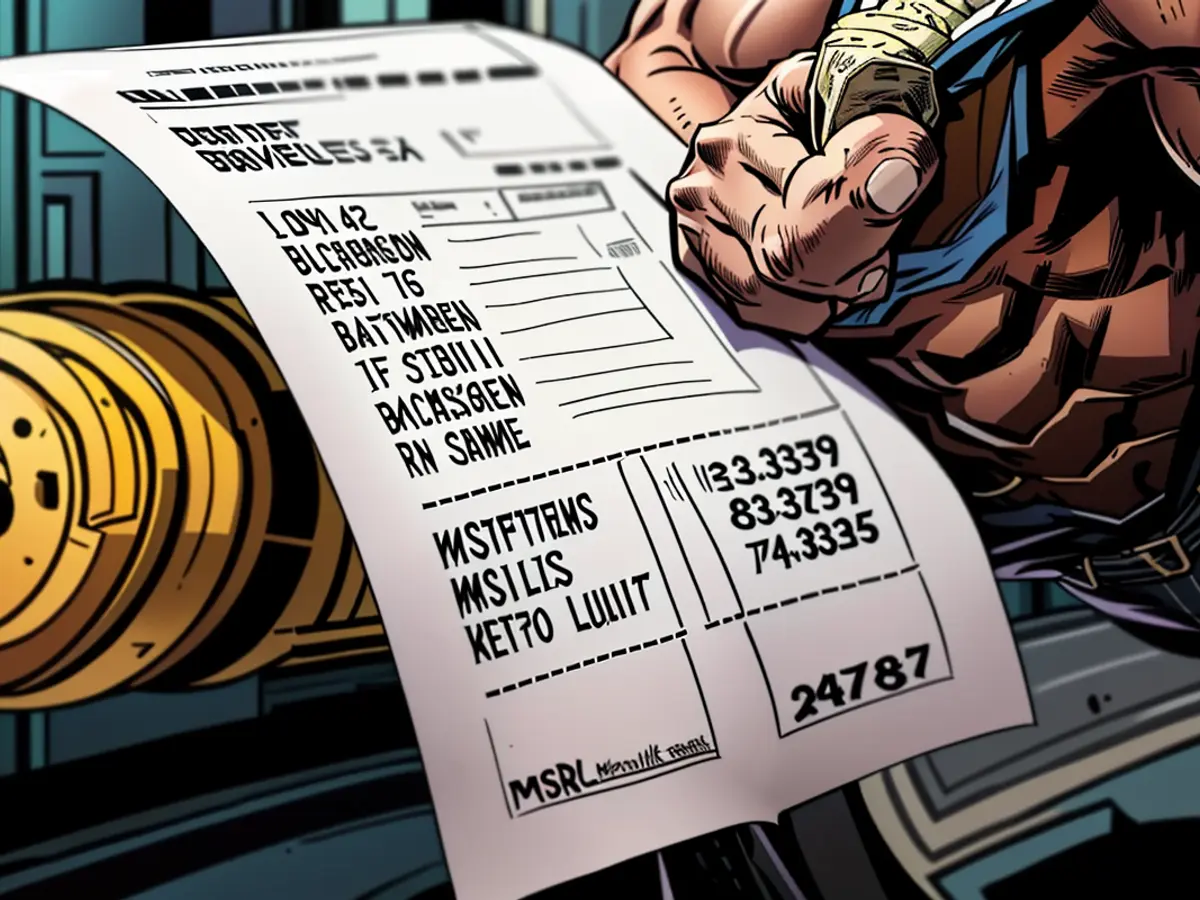Reducing bureaucracy - Bavaria launches initiative to abolish the receipt requirement
Bayern makes new attempt to abolish receipt requirement in retail. This demand is part of a Bundesrat initiative that was decided by the Bavarian cabinet in Munich. In addition, the Free State is advocating for an increase of the so-called employee flat-rate expense allowance in tax from 1,230 to 2,000 Euro.
Since 2020, retailers have been required to provide customers with a receipt for every purchase without being asked. The purpose of the receipt requirement is to prevent tax fraud.
No concrete benefit
The Bavarian state government criticizes that the - it calls it formally - receipt issuance requirement burdens entrepreneurs and the environment significantly, without a concrete benefit being evident in return. Through the requirement to equip electronic cash registers with a technical security device, tax recording of sales is already sufficiently verifiable.
Moreover, most purchases are now being made cashless via Debit or Credit card. It is therefore time to replace the receipt requirement with a receipt upon request. Bavarian Minister-President Markus Soeder (CSU) had recently announced this new Bundesrat initiative in his government statement on bureaucracy reduction in the Bavarian parliament.
Less bureaucracy with tax increases
With the increase of the employee flat-rate expense allowance, Bavaria argues that the bureaucratic effort with tax increases should be reduced. This is the amount, up to which advertising costs for earnings from non-self-employed work are considered flat-rate. In addition, the state government is advocating for the increase of further deductions and exemptions, such as for temporary wage replacement benefits.
Whether the application in the Bundesrat has a chance of a majority, Bavaria's Finance Minister Albert Füracker (CSU) would not give a prognosis - he gave himself rather skeptical. However, he will campaign and fight for it, he emphasized.
- The Bavarian cabinet, located in Munich, has proposed a Bundesrat initiative to abolish the mandatory receipt requirement in retail trade, citing the lack of concrete benefit and the burden it places on entrepreneurs and the environment.
- This initiative aligns with the CSU's stance on reducing bureaucracy, and it also includes a proposal to increase the employee flat-rate expense allowance in taxes from 1,230 to 2,000 Euro.
- Critics argue that the receipt requirement, implemented in 2020 to prevent tax fraud, is no longer necessary due to the widespread use of cashless payment systems, such as debit and credit cards.
- The Federal Council has taken notice of this initiative, and it could potentially lead to a reduction in bureaucracy, especially if accompanied by tax increases.
- If successful, this initiative could have significant implications for businesses using POS systems in Bavaria and potentially across Germany, as they might no longer be required to issue receipts unless requested by the customer.
- The Bavarian Finance Minister, Albert Füracker (CSU), expressed concern about the initiative's chances of gaining a majority in the Bundesrat but confirmed his commitment to advocating and fighting for it.
- Similar initiatives have been proposed or implemented in other countries to reduce bureaucracy and encourage cashless transactions, potentially serving as inspiration for the German Federal Council.








